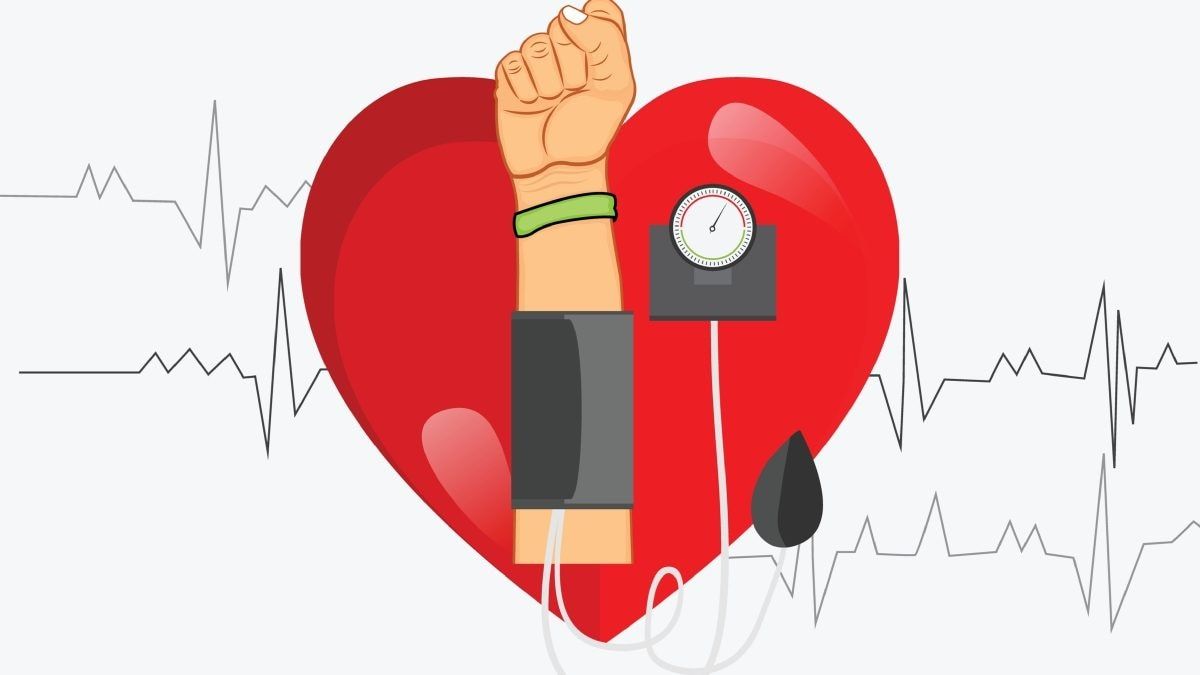The first World Hypertension Day was celebrated on May 14, 2005. (Image: Shutterstock)
Dr Ganesh Srinivasa Prasad, Consultant Nephrologist, Narayana Health City, explains the impact of hypertension on different organs and the importance of early detection.
Hypertension, commonly known as high blood pressure, is a condition that significantly affects various organs in the body. If left unchecked, it can lead to serious health complications. Understanding the impact of hypertension on different organs and the importance of early detection and prevention is crucial to maintaining overall health.
Impact of hypertension on multiple organs
Heart
- It forces the heart to work harder.
- Can cause heart failure
- Increases risk of myocardial infarction (heart attack)
Brain
- Increases the risk of having a stroke
- May cause cognitive impairmentEyes
- May cause retinopathy
- It can cause vision problems.
kidneys
- Patients with kidney disease often develop secondary hypertension
- Hypertension can cause kidney damage due to tension in the blood vessels
- It can eventually cause kidney failure.
Precautionary measures
- Maintain a healthy diet
- Exercise regularly
Check blood pressure regularly
Warning signs of hypertension
- Persistent headaches
- Dizziness
- Chest pain
- Difficulty breathing
Importance of early detection
- Crucial to prevent serious complications
- Patients with hypertension require a detailed initial evaluation, including renal testing.












